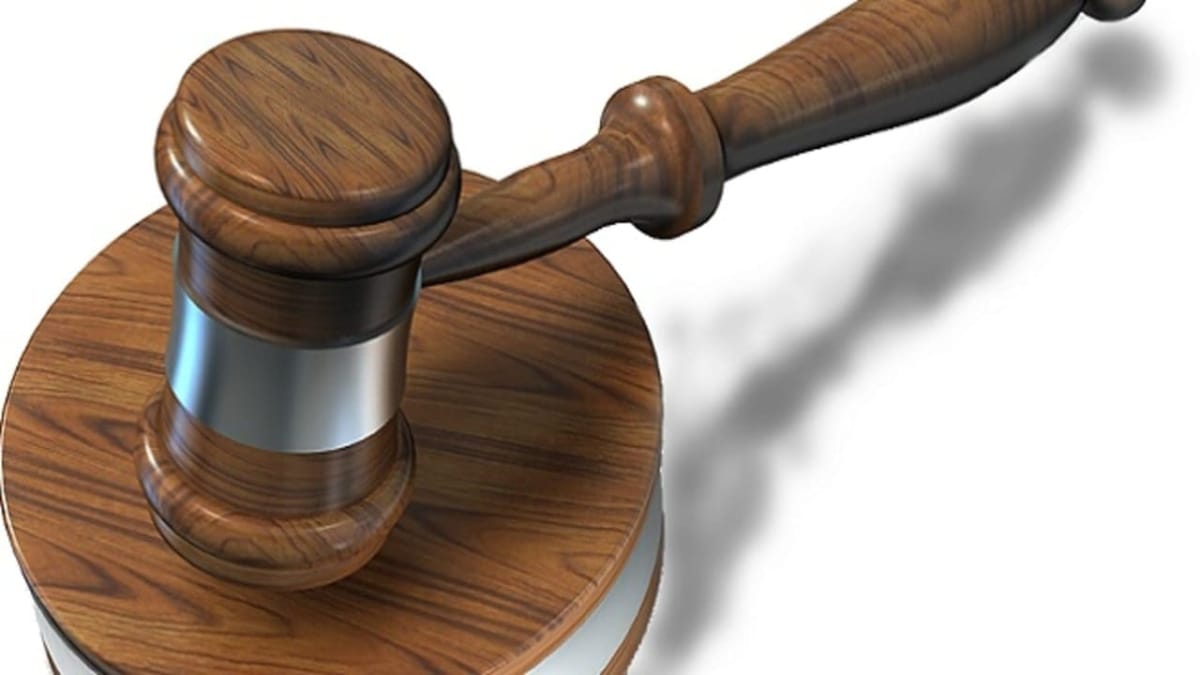A press release from Nintendo has indicated that a recent Canadian court case between the video game industry giant and one Jeramie King has come to a conclusion, ruling in favor of Nintendo. Mark Biernacki and Kevin Siu of Canadian intellectual property and technology law firm Smart & Biggar representing Nintendo as counsel, with the Honourable Mr. Justice Campbell Matter presiding.
According to the press release, King and his affiliated business, Go Cyber Shopping Ltd., sold circumvention devices - such as flashcarts and modchips - to customers, and performed hardware modification that allowed them to play illegally obtained copies of games and circumvent Nintendo's various copyrights, trademarks, and console security (known as technological protection measures, or TPMs).
The Canadian federal court ruled in favor of Nintendo, issuing them C$12.76 million ($9,457,807.19 at the time of writing this article) total, with C$11.76m ($8,716,607.19 at time of writing) in statutory damages against Go Cyber Shopping, Ltd., as well as a further C$1 million ($741,200 at the time of writing this article) in punitive damages for copyright infringement and TPM circumvention. Additionally, King - who frequently boasted of his actions on social media - will be forced to issue an apology to Nintendo on his website.
This case is a notable precedent for the Canadian justice system, as it was the first case to be made involving the Canadian Copyright Act's Anti-Circumvention law - which, despite having been in force since 2012, have never been considered to date. According to Smart & Biggar's Kevin Siu, who acted on behalf of Nintendo in this case, Nintendo of America v. King & Go Cyber Shopping (2005) Ltd. was primarily concerned with three issues:
- Was there "secondary" copyright infringement under s. 27(2) of the Canadian Copyright Act?
- Was there was TPM circumvention under s. 41.1(1) of the Canadian Copyright Act?
- If so, what are the appropriate remedies for circumvention and infringement?
- The "Game Copier" product sold by Go Cyber Shopping Ltd. stored "header data" that Nintendo owned three separate copyrights to; this header data was used as part of a TPM to determine whether a Nintendo DS or 3DS game cart was an authentic, genuine Nintendo product. Additionally, this header data could be downloaded by following instructions on the product packaging. The Canadian Federal Court found that, by providing instructions to download the header data, Go Cyber Shopping authorized copying without Nintendo’s consent and the company was therefore liable for secondary copyright infringement under s. 27(2) of the Canadian Copyright Act.
- On the matter of TPM circumvention under s. 41.1(1) of the Canadian Copyright Act, the Canadian Federal Court found Go Cyber Shopping liable given that:
- The physical shape and configuration of Nintendo DS and 3DS game carts were specifically designed by Nintendo to act as a "lock and key" and were thus considered to be an "effective technology" under the definition of TPMs.
- Circumventing TPMs also includes replicating them; King and Go Cyber's legal defense argued that because the Game Copier product merely replicated TPMs, they couldn't be held liable for circumventing them. However, the Canadian Federal Court accepted a broad definition of "circumventing", including "otherwise avoid, bypass, remove, deactivate or impair".
- There was no evidence of the devices sold by Go Cyber Shopping being used to play homebrew games on Nintendo consoles; the defense argued an "interoperability defense" under s. 41.12 of the Canadian Copyright Act. However, they failed to meet the evidentiary burden for the interoperability defense, and the Canadian Federal Court additionally found that the primary market for the Game Copier and other Go Cyber Shopping product to be TPM circumvention, not playing homebrew software.
Nintendo of America's General Counsel and Senior Vice President of Business Affairs, Devon Pritchard, had this to say on the Canadian Federal Court's decision:
Nintendo continues to be a leader in bringing innovative gaming platforms and software to our fans and millions of gamers across the globe. Nintendo has an established track record that demonstrates our resolve to protect our iconic characters and franchises. We will continue to protect the creative works of our developers and vigorously enforce our intellectual property rights against those that attempt to steal or misuse them.Stay tuned to TechRaptor for further news and coverage of the video game industry.
What are your thoughts on this court case? Do you agree with Mr. Justice Campbell Matter's ruling? Let us know in the comment section below.







